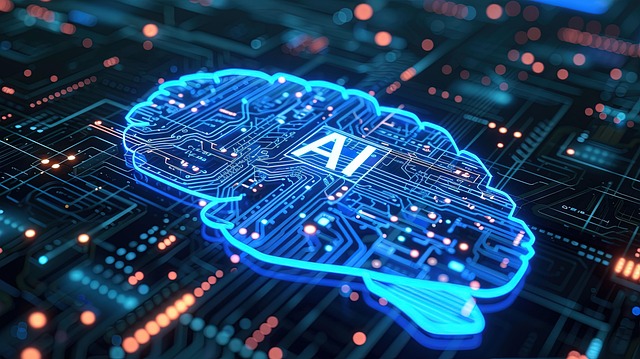
For decades, the image of an accountant was a person surrounded by spreadsheets, calculators, and heaps of paperwork. But that image is rapidly evolving. Today, accountants are increasingly seen as strategic advisors not just number crunchers, thanks to the rise of automation and artificial intelligence (AI). The accounting profession is at a crossroads, and firms that embrace this technological shift are not just surviving , they are thriving.
From Manual to Machine: A Necessary Evolution
Let’s face it: traditional accounting is time-consuming. Reconciling accounts, data entry, invoice processing; these tasks are repetitive, error-prone, and drain valuable time that could be spent on strategic decision-making.
With tools like Optical Character Recognition (OCR), cloud-based accounting systems, and machine learning, tasks that once took hours can now be completed in minutes and with greater accuracy. But it’s not just about speed. Automation minimizes human error, ensures compliance, track income & expenses in real time and improves data accessibility. This means accountants can focus less on data collection and more on data interpretation, a powerful shift for clients and companies alike.
AI: The Silent Partner You Didn’t Know You Needed
Artificial Intelligence takes automation a step further. It doesn't just perform tasks; it learns from data and predicts future patterns. For instance:
-
AI-driven audits can analyze thousands of transactions to detect anomalies in real-time.
-
Predictive analytics can forecast cash flow, revenue trends, and even identify financial risks before they happen.
-
Chatbots and AI assistants can handle client queries, payment reminders, and basic support 24/7.
This means businesses now have access to real-time insights, not just historical records. Accountants, therefore, evolve from record-keepers to financial strategists.
The Human Element: Still Irreplaceable
Despite the rise of AI, the human touch remains essential. Technology can process data, but it can’t replace emotional intelligence, ethical reasoning, or client relationship building. While AI tells you what happened and what might happen next, a skilled accountant tells you why it matters and what to do about it. The future accountant is a hybrid: part analyst, part advisor, and part tech-savvy collaborator.
What This Means for Firms and Professionals
1. Upskilling is non-negotiable
Professionals must embrace continuous learning not just in accounting principles, but in tech literacy, data analytics, and advisory skills.
2. Cloud-first is the new standard
Firms that still rely solely on desktop or paper-based processes risk falling behind. Cloud platforms enable real-time collaboration, remote access, and integration with other systems.
3. Client expectations are changing
Clients now expect instant reports, predictive insights, and proactive advice not just annual statements. Firms must evolve to meet these expectations.
What to Expect
The future holds even more exciting shifts:
-
Blockchain could revolutionize how transactions are verified and recorded.
-
RPA (Robotic Process Automation) will handle multi-step tasks across systems.
-
AI-integrated tax platforms will automate entire tax workflows.
These innovations will make accounting smarter, faster, and more client-centric than ever before.
Adapt or Be Left Behind
The fusion of accounting expertise and cutting-edge technology isn’t a trend, it’s a transformation. Firms that embrace automation and AI are not replacing people, they are freeing them to do more meaningful, high-value work. Those who adapt will lead. Those who resist risk irrelevance. The future of accounting is here and it’s intelligent, intuitive, and incredibly exciting.
